September 23, 2024 | 10:50 GMT +7
September 23, 2024 | 10:50 GMT +7
Hotline: 0913.378.918
September 23, 2024 | 10:50 GMT +7
Hotline: 0913.378.918
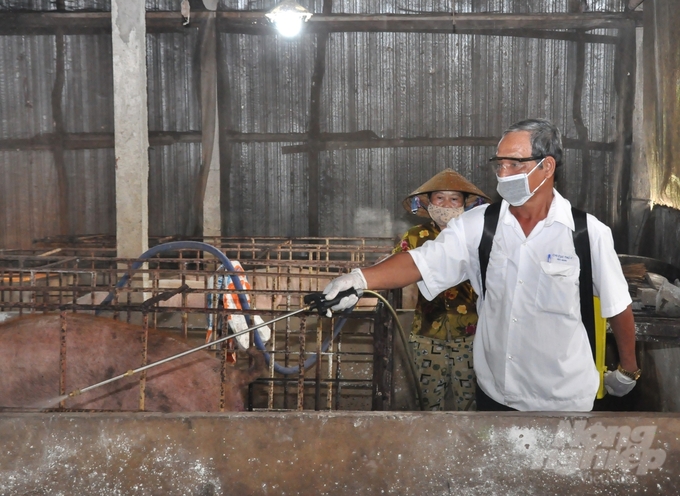
Veterinary staff of Vi Tan commune, Vi Thanh city, Hau Giang province spray disinfectants on barns and livestock areas of households, improving the efficiency of disease prevention measures. Photo: Trung Chanh.
Implementing the provisions of the 2015 Law on Veterinary Medicine and the instructions of the Ministry of Agriculture and Rural Development, Hau Giang province has improved and enhanced the capacity of the veterinary management system from the province to the grassroots level at three levels.
“The provincial level has the Sub-Department of Livestock Production, Animal Health, and Fisheries, the district level has the Livestock Production, Animal Health and Fisheries Station, and the commune and ward levels have officers in charge of animal health,” said Trinh Hung Cuong, Head of the Sub-Department of Livestock Production, Animal Health and Fisheries of Hau Giang province.
The Department of Agriculture and Rural Development of Hau Giang province has issued the "Scheme to Reorganize Stations under the Sub-Department of Livestock Production, Animal Health and Fisheries of Hau Giang province", with a total workforce of 158 civil servants, public employees and workers. The goal is to streamline the organizational system, concentrate resources, ensure effective and efficient operations in the new situation, and clearly define functions and tasks.
In March 2024, Hau Giang Department of Agriculture and Rural Development organized the recruitment of slaughter control forces into the official civil servant system of the province. This force is guaranteed working regimes and enjoys policies, thereby creating conditions for them to feel secure and committed to their work. This contributes to strengthening the capacity of the veterinary management system at all levels, organizing the implementation of veterinary tasks well specifically the prevention, control and suppression of diseases in livestock, poultry, aquatic products, and protecting public health and the environment. The slaughterhouse system is gradually stabilized, helping relevant units perform good control of livestock diseases and food safety.
Hau Giang's agricultural sector is shifting to develop livestock farming towards small and medium-sized concentrated farms and ranches, ensuring disease safety, contributing positively to the agroproduction value and increasing the income of farmers. The veterinary force from the province to the grassroots is fully equipped with the means to promptly put outbreaks under control when an epidemic occurs.
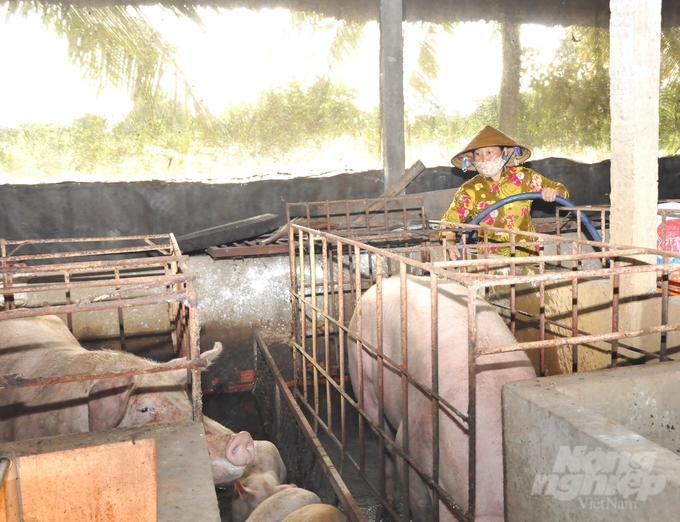
Thanks to the consolidation of veterinary management forces at three levels from the province to the commune, Hau Giang is developing sustainable livestock farming, currently maintaining a herd of over 146,000 pigs. Photo: Trung Chanh.
After strengthening the veterinary force from the province to the grassroots level, vaccination for livestock is always adequate, and sanitation and disinfection of barns and the livestock environment are carried out regularly. Since the beginning of the year, the epidemic and disease situation in livestock in Hau Giang has always been well controlled. Dangerous disease outbreaks in livestock have been detected promptly, preventing widespread.
Food safety control is implemented regularly with great attention. Awareness and actions of agricultural, forestry and fishery production and business establishments have had positive changes in ensuring food safety. Agricultural, forestry and fishery business establishments have proactively registered documents for food safety certificates according to regulations.
There are no more Class C agricultural, forestry and fishery business establishments in Hau Giang province as of date. The number of samples monitored for residue exceeding the permitted limit has decreased significantly: 3/277 samples in 2020, 15/212 samples in 2021, 6/71 samples in 2022, and 2/544 samples in 2023.
Translated by Samuel Pham
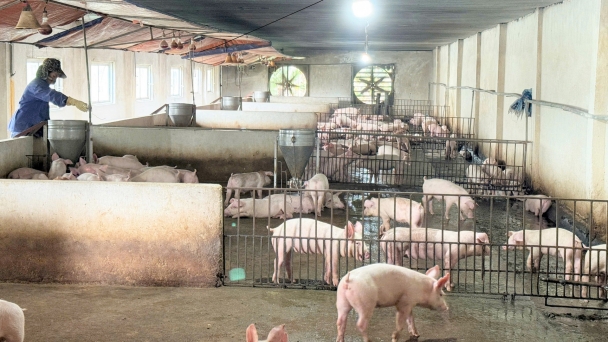
(VAN) After a few months of drastic control, African swine fever has returned to haunt Ha Tinh farmers, as if they are sitting on hot coals.
/2024/09/22/4255-1-222315_766.jpg)
(VAN) Collection of pesticide packaging is currently being carried out in many countries on all inhabited continents, with impressive numbers.
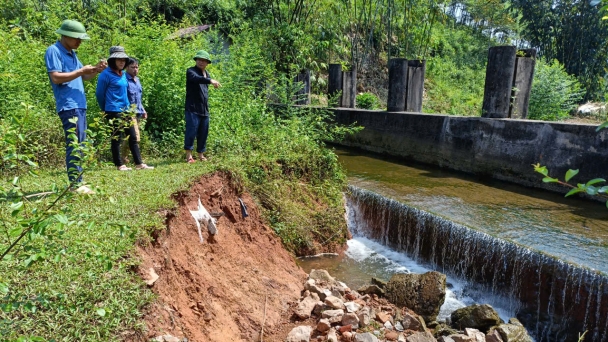
(VAN) There was a large number of irrigation works damaged after Typhoon Yagi, while maintenance and repair funds were limited. Many localities had to ask the Central Government for reconstruction support.
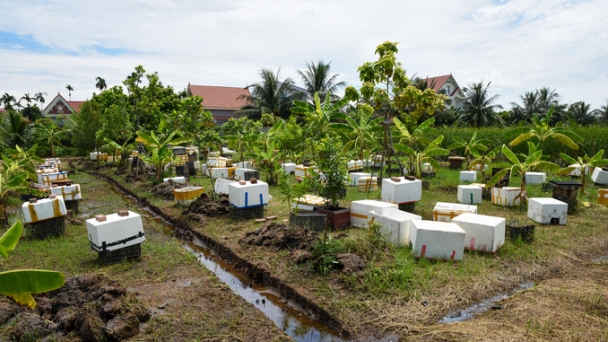
(VAN) Since the mangrove forest started protecting against waves, Dai Hop has not suffered from dike breaches or floods like before, providing endless seafood for thousands of locals who fish in the forest.
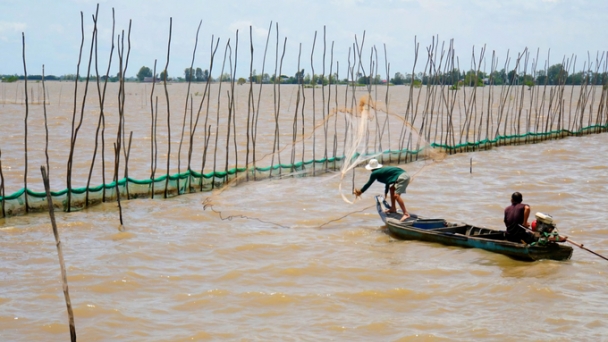
(VAN) Storing wild fish outside the embankment areas, although proven effective in restoring the natural ecosystem, has not yet achieved consistent management across districts and towns.
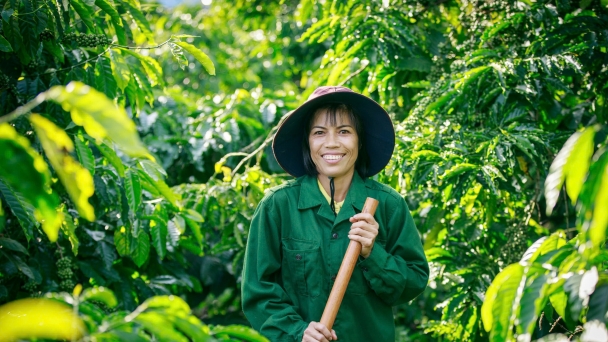
(VAN) The Global Coffee Platform (GCP) has published a key resource for the coffee sector in preparing for EUDR implementation. This was commissioned by GCP and developed by the SINE Foundation.